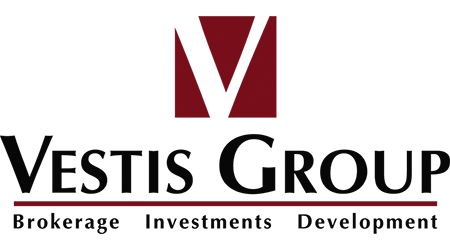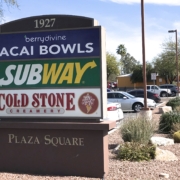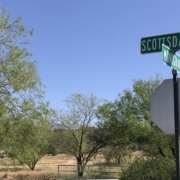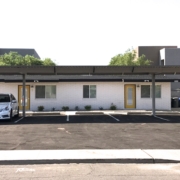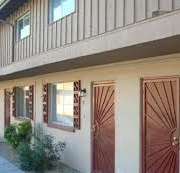Luxury Homes Not Immune To Short Sales
Luxury Homes Not Immune To Short Sales
By Justin Doom | The Republic | azcentral.com
The short sale has gone upscale.
While sellers at the housing market’s low end initiated the widespread use of short sales as an alternative to foreclosure, Valley real-estate agents said there has been a clear trend toward luxury homes, even those in the multimillion-dollar price range, being sold via short sale.
In a short sale, the sellers negotiate a sale price with their lender that is less than the balance of their mortgage. The remaining portion of the loan is forgiven, although in some cases lenders reserve the right to sue the seller for the unpaid portion of the loan.
Joyce Tawes, an agent with Arizona Realty ONE Group in Scottsdale, currently has nearly 100 short-sale listings for homes priced from $700,000 to more than $3 million.
“Short sales and foreclosure homes are a reality in today’s real-estate market,” Tawes said. “Therefore, you can find many luxury homes in Scottsdale, Paradise Valley, Carefree and Phoenix that fall into the short-sale or foreclosure categories.”
Rosalie Soward, a Valley Realtor also licensed in California who specializes in short sales, said they compose about 80 percent of her current business.
She said she not only expects the volume of short sales to increase over the next two years but also the average price of a short sale.
“In Orange County, you see $800,000 to $1 million homes that have three loans going into short sale now,” Soward said. “And that’s going to increase this summer with more high-end properties.”
Residential short sales in the Valley hit an all-time high of about 2,025 in April and represented 22 percent of the month’s 9,200 home sales, according to data from the Arizona Regional Multiple Listing Service.
Overall, short-sale activity is up more than 150 percent from a year earlier.
Michelle Lind, general counsel and assistant CEO for the Arizona Association of Realtors, said short sales also accounted for more than 20 percent of home sales in February and March.
“That’s the trend we’re seeing,” Lind said, “and the federal government implemented a new incentive program that may increase numbers as well.”
The Home Affordable Foreclosure Alternatives Program took effect April 5. It offers financial incentives, usually a few thousand dollars, to expedite potential short sales and avoid foreclosures.
“It gives incentives to lenders for completing a short sale,” Lind said. “The incentives are not huge, sometimes maybe $1,000 to the second-lien holder. But that may be the catalyst to increase the number of short sales.”
Soward said many lenders have streamlined the short-sale process, which has helped make the short sale a dominant force in the housing market.
“The banks have gotten smarter,” she said. “It’s going to cost them maybe $40,000 for each property that goes to foreclosure by the time they have to pay attorneys’ fees, get the property listed, get repairs on the property and so forth. Some of the banks are easier to work with, and some of the banks may change their criteria of what qualifies as a short sale on a weekly basis, but, in general, it’s easier to get results.”
Even some commercial properties have been selling via short sale this year.
In January, Jerry and Claudia Kowitz sold Jerry’s Audio/ Video, 8680 E. Frank Lloyd Wright Blvd. in Scottsdale, to Realty Unlimited for $1.01 million in a short sale.
Sellers’ representative Natan Jacobs, of Vestis Group in Tempe, and buyer’s representative Bill Wisniewski, of Realty Unlimited, said the 11,464-square-foot property’s $1 million sale price was about half of what the sellers built the property for in 2000.
Republic reporter J. Craig Anderson contributed to this article. – more at azcentral.com
